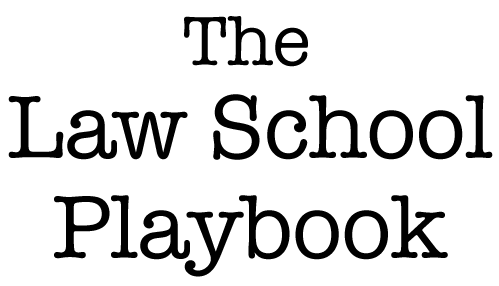It happens every semester. One or two students (sometimes more) tell me, “I don’t what happened. I just completely blanked.” These students explain that they were super diligent during the semester, knew all of the course information, but they simply couldn’t remember any of it when they looked at the exam.
Choking under pressure is a real phenomenon. We see it often in sports—a pro golfer misses an easy putt, a pro kicker misses a short field goal, or a favored Olympian loses the race. So what can you do to ensure that choking under pressure doesn’t happen to you on exam day?
A January 2019 paper in Social Cognitive and Affective Neuroscience published by Oxford University Press suggests that reframing the task may be the key to performing better under pressure. The reframing theory is rooted in scientific data, including a study at Johns Hopkins University School of Medicine. The Johns Hopkins study showed that participants performed better when asked to complete a task to keep money as opposed to when they were asked to perform the same task to win money. Building upon that work, a subsequent study demonstrated that participants could improve performance by consciously choosing how to view the stakes. In essence, reframing the stakes helped participants to avoid cognitive and emotional processes that undermined their performance.
Applying this theory to the academic context, if you can convince yourself that you are performing to keep an A (or pass) as opposed to performing to avoid an F (or fail), you will be less likely to blank during an exam. More generally, if you frame an exam as a challenge designed to show what you know as opposed to a threat associated with a risk of failure, you are more likely to stay calm under pressure. Reframing the issue allows the brain’s prefrontal cortex to focus on recalling essential information rather than on anxiety.
Reframing, however, is just one of many techniques that may reduce your chances of blanking during an exam. Relevant research also shows that writing down your fears about your performance before an exam can increase your score as much as 15%. Like reframing the issue, documenting your worries allows your brain to focus on critical thinking as opposed to possible adverse consequences. Developing a mantra about your performance can also help. Finally, you can look to the things that you know for certain, such as the progress you’ve made since first entering law school, the reason you chose to attend law school in the first place, and the steps you have taken to master the material.
But don’t try these techniques for the first time in an exam—practice under pressure to get yourself ready. And, if all else fails, just breathe and remember that you are so much more than a grade. You can do this!
